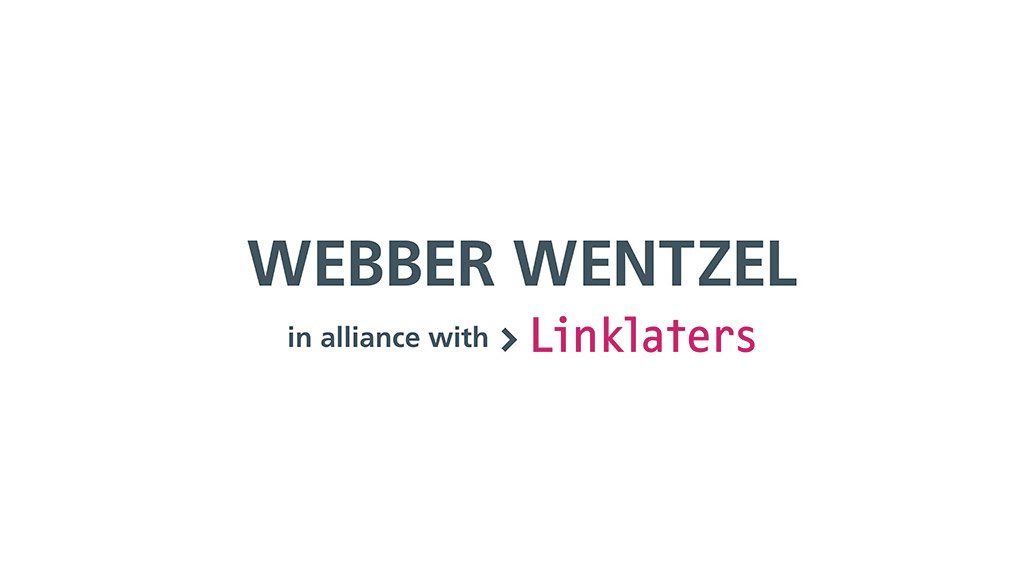As consumers become more discerning, environmental sustainability, social engagement and good governance will continue to demand the attention of all retail sector stakeholders.
In today's fast-evolving retail landscape, the importance of Environmental, Social, and Governance (ESG) criteria has never been more pronounced. Retailers are now judged not only by their financial performance but also by their commitment to sustainable and ethical practices.
The main forces behind ESG-focused change in the retail sector have been consumers, who are at the core of retail businesses. As they become more conscious of the environmental impact of their purchases and gravitate more towards brands that prioritise sustainability and ethical governance, retailers and their suppliers must adapt by embracing more sustainable and ethical practices to align with the evolving demands of their customers.
This marked shift has seen retailers responding to unique ESG-related risks with innovative ESG strategies to enhance their corporate reputation and ensure long-term viability.
Colour-washing claims
With retailers at the coalface of consumer activism, 'colour washing' allegations and backlash have significantly impacted retail operations. Colour washing refers to a profit-driven marketing practice where businesses make unsubstantiated, misleading and exaggerated claims about how environmentally conscious or socially aware they or their products are.
For instance, fast-fashion brand H&M is currently facing a class action lawsuit filed in a US District Court following claims that its product labels and marketing practices misled consumers about the environmental and sustainability attributes of its products.
Colour washing risks underscore the need for retailers to invest considerable resources in conducting supplier due diligence, verifications and screenings.
Supply chain management
While most supply chains were previously considered outside retailers' remit, the responsibility to ensure clean and ethical supply chains is now legislatively imposed.
In recent years, human rights abuses by businesses within supply chains have become a central focus of ESG discussions. Issues such as forced labour, modern slavery and environmental disasters have been identified in significant sections of global supply chains. As a result, several countries and regions have introduced legislation aimed at fostering greater transparency, accountability, and consumer trust, while also providing better protection for human rights and the environment.
The European Union (EU) Corporate Sustainability Due Diligence Directive, for example, has introduced stringent requirements for companies to conduct enhanced due diligence across their supply chains. The directive mandates that large businesses, both within the EU and those operating internationally, identify and address adverse human rights and environmental impacts within their operations and value chains.
At the consumer-facing end of global supply chains, retailers will almost certainly find themselves having to engage in robust supply chain due diligence processes.
Circular economy
The circular economy refers to a model of production and consumption that emphasises reducing waste by prioritising the reuse, refurbishment, remanufacturing, and recycling of materials. It offers a holistic approach to sustainability, providing retailers with a pathway to achieve their ESG goals while contributing to a more resilient and responsible economy.
By adopting circular economy principles, retailers can significantly enhance their ESG performance by addressing critical issues such as resource depletion, waste management, and carbon emissions. Initiatives such as product-as-a-service models, where consumers lease rather than own products, or programmes incentivising the return of used items for repair or recycling, enable retailers to reduce their environmental footprint.
As key players in the circular economy, retailers have found themselves at the forefront of developing innovative ESG-centric contracts with consumers and suppliers. The popularity of product-as-a-service contracts, take-back agreements, sustainable sourcing contracts and green leases reflect the shared commitment of retailers and consumers to meaningfully participate in the circular economy.
Shareholder activism
ESG-related shareholder activism campaigns have significantly increased over the last few years and are set to grow further, as many activists seek to promote an ESG-friendly agenda and to call out companies for what they see as bad behaviour.
For example, shareholder activism played a significant role in driving social and ESG-related changes at Bed Bath & Beyond. In 2021, in response to activist pressure, the company launched its first-ever comprehensive ESG strategy, which includes bold commitments to support people, the community, and the planet. These efforts include revamping supply chain agreements, deploying AI-based tools to monitor and manage its carbon footprint, and setting key milestones for operations, sourcing, and products.
Overall, shareholder activism has become a powerful force which will continue to shape the retail sector, driving retailers to prioritise ESG issues and improve their overall governance.
Future trends
Looking ahead, several ESG trends (including the below) are poised to shape the retail sector in the coming years:
Digital transparency: The use of technology to provide transparency in ESG practices will see retailers leveraging digital tools to track and report on their sustainability efforts, allowing consumers to make informed purchasing decisions.
Decarbonisation: Retailers will need to increasingly focus on reducing their carbon footprint, both in their direct operations and across their supply chains. This may include investing in renewable energy, improving energy efficiency, and adopting sustainable logistics practices.
Climate risk management: As climate change continues to pose significant risks, retailers will need to assess and mitigate the impact of climate-related events on their operations and supply chains, as well as contribute to global climate goals.
In an era where transparency and accountability are of paramount importance, retailers that integrate ESG principles are better positioned to attract investment, foster consumer loyalty, and achieve sustainable growth. By embracing ESG into their core strategies, retail businesses can navigate the challenges of today while building a more responsible and resilient future.
Written by Chandni Gopal, Partner & Zimkhitha Mhlahlo, Associate at Webber Wentzel
EMAIL THIS ARTICLE SAVE THIS ARTICLE ARTICLE ENQUIRY
To subscribe email subscriptions@creamermedia.co.za or click here
To advertise email advertising@creamermedia.co.za or click here











